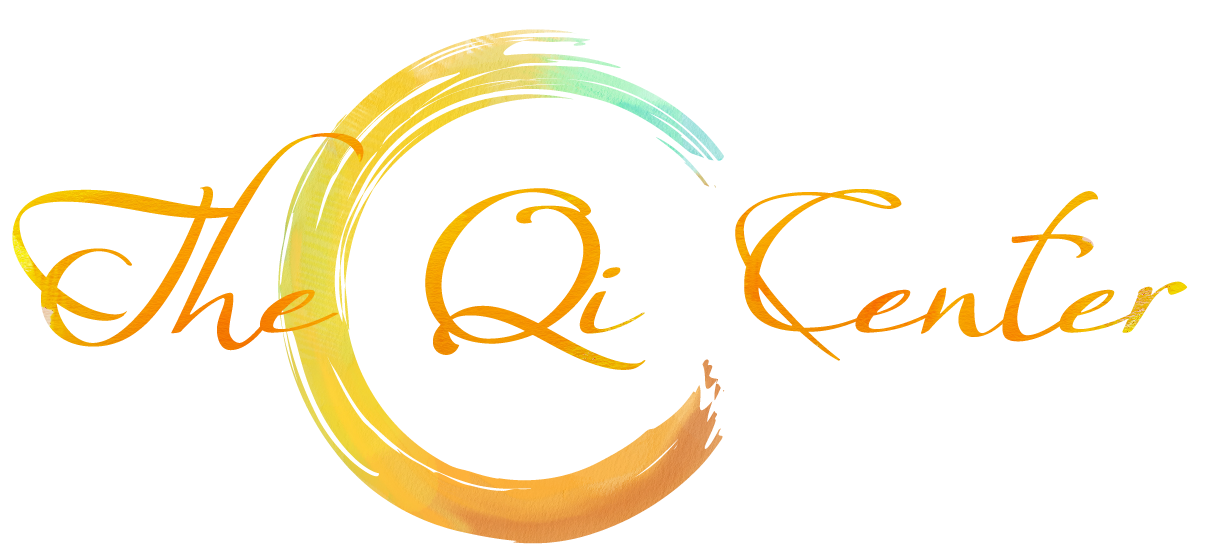The 8 Limbs represent the areas of one’s life that should be taken into account for maintaining a holistic, preventative lifestyle. They are listed in an ideal hierarchy—literally, what should be practiced regularly to maintain health before moving into more invasive methods to moderate or regain well-being. Here’s a brief overview.
Meditation. By meditating we are able to connect with the deepest aspects of our being, and therefore be able to engage in our lives with greater purpose and direction. Regular meditation also has innumerable physical benefits such as lowering blood pressure and helping to manage emotions.
Exercise. Appropriate exercise is a key to maintaining body and mind health. Finding the correct exercise for the individual needs is a priority. A lack of exercise or over exercising is also detrimental to overall health. Yang (very active exercise) like vigorous martial arts, power yoga, marathon running and mountain biking, may be appropriate for a person with a strong constitution and physical strength. Yin (restorative and calming exercise) like restorative yoga, and gentle qi gong or t’ai qi are great for those needing to replenish, stretch, and deeply nourish. For the overall healthy individual you need a little a bit of both, but for someone recovering from serious illness, gentle yin activity is the start.
Diet and Tonic Herbs. How we nourish ourselves is a direct reflection of our state of conscious health. Choosing foods vibrant in qi, that are mostly local, organic, sustainable and seasonally appropriate sustain not just our bodies but support our communities and our planet. It’s not just what we eat that is important, our state of mind and habits around what we eat are equally important to our ability to transform food into vital energies. Nutrition here also refers to making subtle shifts in the diet to help the body adapt and using refined diets to treat specific disorders.
Astrology. Know who you are. Stars aside, knowing what makes you tick is key to learning how to live with joy and vitality. Astrology may refer to understanding your nature from both the physical and spiritual nature. Evolving through education, guidance, spiritual enrichment and self-exploration fall into this category too.
Geomancy. Know where you are. Geomancy, including feng shui, refers to your place in the world. Not just your physical location, but your work environment and your relationships. Do they support your life, personality, goals and values or do they create excessive tension that hinders growth?
Bodywork. Before there were acupuncture needles (or bones) there was massage. Least invasion of the 3 major branches of Chinese medicine, massage moves stagnate qi, stimulates the immune system, calms the nervous system—and so much more. Ideally, massage forms including Amma, are used as preventative medicine. They treat acute pathologies like colds, and are proving very effective in the treatment of difficult, chronic disease such as fibromyalgia. Amma, is a unique form of massage that utilizes the meridians of qi in the body and pressure to points based on what the client has going on and what the practitioner assesses through tongue, pulse and other Chinese medicine observation tools.
Herbs. Nearly every culture has some form of its own herbal medicine. The study of Chinese herbs is highly refined and a lifelong study. Herbs can be used in times of wellness to strengthen and times of disharmony to clear.
Acupuncture. Acupuncture inserts hair fine needles into specific points along meridians of ‘Qi’ in the body. The acupuncturist chooses these points based on assessment from tongue, pulse and other methods to treat the individual needs. Both powerful and gentle, acupuncture can be used to move stubborn blockages of qi and pain and/or used to treat psycho spiritual imbalances.
©2012, April Crowell, Dipl. ABT, CI, CHN. Reposted here with permission. www.aprilcrowell.com
